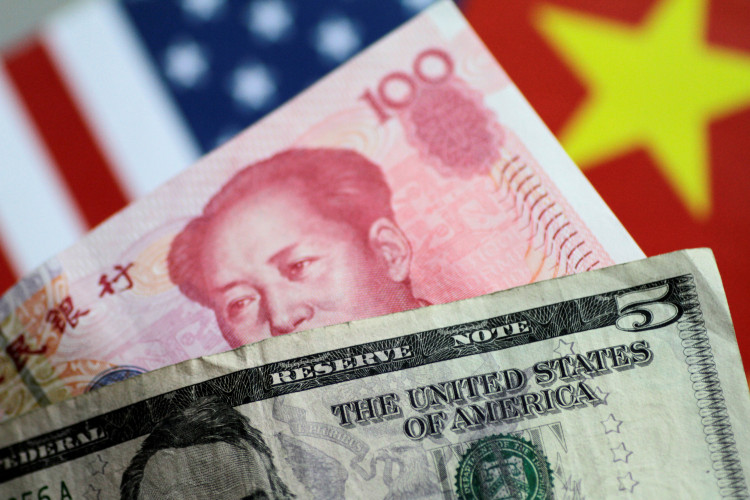China's central bank plans to support yuan with foreign exchange intervention and monetary policy tools as it declines towards the key 7-per-dollar level.
From 1994 until 2014, China's currency appreciated against the United States dollar. It, however, recovered in 2015 after the People's Bank of China made three devaluations of the Yuan CNY as the government boosts imports to support its economy. After the intervention of the People's Bank of China, the United States dollar recovered by 15 percent but it failed to break the 7-per-dollar barrier of the two currencies in two years.
According to a source, China will never let the United States break the 7 barriers. Confidence in yuan will be boosted if China could defend the 7-per-dollar level. It could assure investors that there will be no sharp depreciation in the currency despite the increasing tension between the United States and China which makes devaluation an option for China.
A source said that breaking 7 is beneficial to China because it can reduce some of the effects of tariff increases, but the impact on our renminbi confidence is negative and funds will flow out. On Friday, yuan fell to its weakest level since December. Yuan, however, stood ground on the 7-barrier.
The fierce battle of the currencies was expected after the trade war intensified. Recently, United States President Donald Trump's post on Twitter implied that he seeks a currency war with China. He claimed that China will be pumping money into their system and probably reducing interest rates in order to make up for the business they are losing. He said that the United States will win if ever the Federal Reserve matches the move. He assured that China wants a deal in any event.
It is, however certain, that both sides wanted a deal because of the damages brought by the trade war on each other's products.
Critics of the president viewed his statement as an encouragement to the Federal Reserve to pump money and cut rates to match China. The United States claims that China keeps the yuan undervalued.
China's currency fell 3 percent in the past month following the escalating trade friction between the two nations.
The increased tariffs on both sides' goods caused instability in the currencies of both sides. China's exports will gain from a weaker yuan. However, huge devaluation is needed to offset the damage caused by the tariffs.





